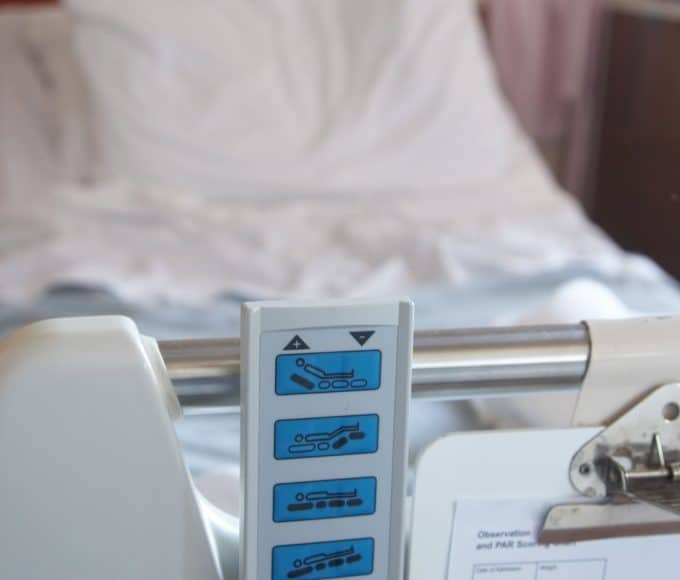Chronic sinus infections can disrupt your daily routine and overall quality of life. Swollen, irritated sinuses can block airflow, causing snoring or sleep apnea. Typically, when you have a sinus infection or allergy flare-up, a doctor will prescribe an antibiotic to treat the inflammation. However, various types of sinus infections don’t respond to antibiotics, so they may require outpatient surgery. Here, we’ll identify why you should get sinus surgery and some common outpatient surgeries to reduce sinus infections.
What Is Sinus Surgery?
Sinus surgery is a group of procedures that help patients feel relief from chronic sinus infections or symptoms. Sometimes patients don’t respond well to antibiotics or allergy treatments, so they turn to surgery to relieve their blockages and inflammation.
When Should You Get Sinus Surgery?
Several conditions may require outpatient surgery to reduce symptoms. If you battle with sinusitis, nasal polyps, or a deviated septum, you should look into possibly getting sinus surgery to alleviate your symptoms. Getting outpatient surgery may rectify your stuffy nose, reduced smell or taste, limited airflow, and other symptoms.
Different Types of Sinus Surgery
Millions of people suffer from recurring sinus issues, and when medications fail, surgery may be necessary. Below are three common outpatient surgeries to reduce sinus infections that your ENT (ear, nose, and throat) doctor may recommend.
Endoscopic Sinus Surgery
Endoscopic sinus surgery is an outpatient surgery that doesn’t involve any punctures or cuts; it’s performed entirely through the nostrils to treat sinus infections. The surgeon will use a camera with a light on the end—called an endoscope—to look at the sinus tissues. Then, using specialized tools, the surgeon will remove any sinus blockages. The doctor will send you home with saline wash and medications to decrease discomfort, and your congestion should subside in two weeks.
Septoplasty
Septoplasty is a procedure aimed at correcting a deviated septum. Septoplasty is done entirely inside the nose, restructuring the septum and improving airflow through the nose and, therefore, one’s breathing. The surgeon will cut a wall on one side of the nose and reshape the septum’s bone and cartilage. The surgery will not reconstruct your face or leave scarring. Swelling lasts for a couple of days, but full recovery takes three to six months.
Balloon Sinuplasty
Balloon sinuplasty is beneficial for people who have caught their sinus issues earlier. When you get a balloon sinuplasty, you will be under general anesthesia while a physician inserts a tiny balloon through the nostril to access the blockage. The physician then carefully opens and widens the sinus passages and then takes out the balloon to restore your sinus passageways to standard functionality.
Always consult your doctor, and for more on health, check out our page.














